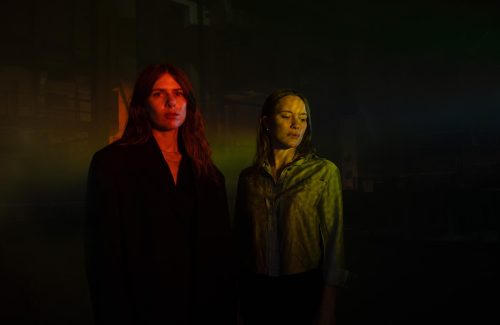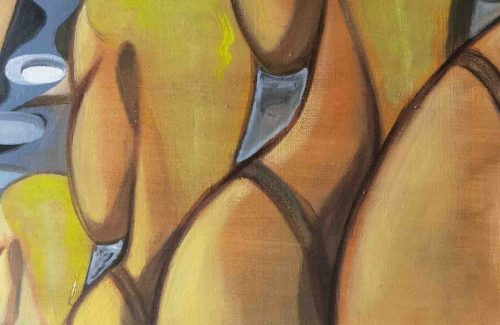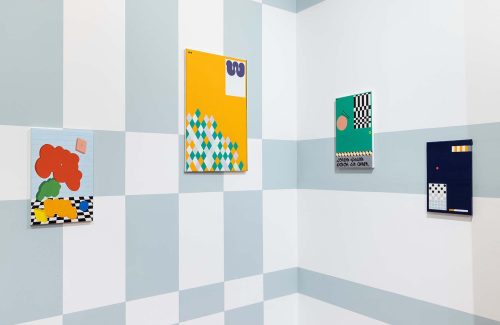Political Landscapes proposes a journey through multiple cinematographic geographies of South America. From the sixties of the last century to the present day, from Brazil to Argentina, passing through Mexico, Chile and Ecuador, and taking a diversion through Paris and California, the cycle combines four plural gestures that launch a topographic dilatation to the body of the gaze of the canonical history of cinema.
By questioning the semantic and border limits of the term landscape, the filmmakers Ana Vaz, Alexandra Cuesta, Valentina Pelayo Atilano, Helena Solberg, Malena Szlam, the filmmakers João Vieira Torres and Luiz Rosemberg Filho and the Los Ingrávidos Collective inscribe the aesthetic- formal experimentation of the cinematographic language in an epistemic, ethical and political interrogation of the relation of cinema with the world and the stories, seeking to reveal other and new axes of reflection conveyed by the moving image. Through multiple reflections and expressions, the current models of representation are confronted with respect to problems such as the colonial past and present, gender violence, migration, political dictatorships and repressive institutions.
The result is a proposal for a radical transformation of cinematographic praxis, guided by a patriarchal modus operandi and a technical device with colonising motives and effects. Fragmenting the concept of subjectivity in its Western ontological sense, the landscape is finally freed from a static intelligibility towards ethical-political forms that constitute and reconstitute themselves from other and new territories, bodies, faces, voices and gestures.
Cátia Rodrigues
At the invitation of Cátia Rodrigues, the booklet for the first three sessions are written by Laila Nunez, Raquel Schefer and Teresa Vieira.





































































































